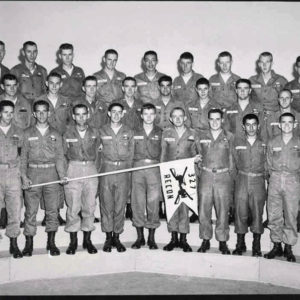 101st Airborne
101st Airborne
Entry Category: Educational Issues and Controversies
 101st Airborne
101st Airborne
Act 76 of 1983
aka: Teacher Testing Law
Amendment 33
Arkansas Scholarship Lottery
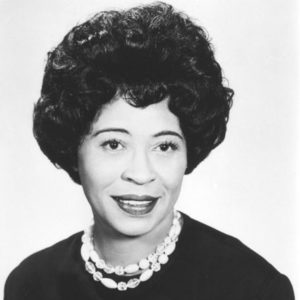 Daisy Bates
Daisy Bates
Bates, Daisy Lee Gatson
Beals, Melba Pattillo
Bentonville Schools, Desegregation of
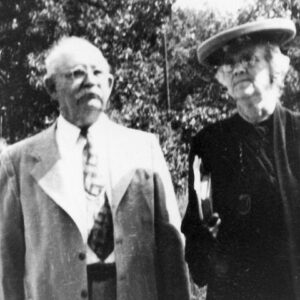 Benjamin Bogard
Benjamin Bogard
 Vivion Brewer
Vivion Brewer
Brewer, Vivion Mercer Lenon
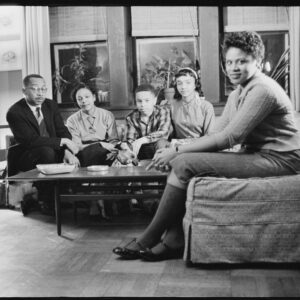 Minnijean Brown and Clarks
Minnijean Brown and Clarks
Burrow v. Pocahontas School District
 Capital Citizens' Council Graphic
Capital Citizens' Council Graphic
Capital Citizens’ Council (CCC)
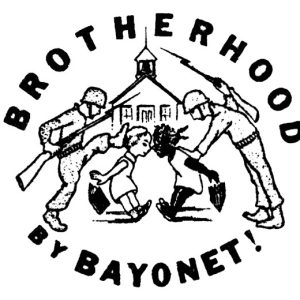 Capital Citizens' Council Graphic
Capital Citizens' Council Graphic
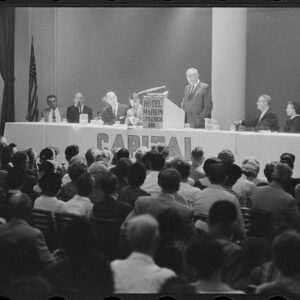 Capital Citizens' Council Meeting
Capital Citizens' Council Meeting
 Central High School
Central High School
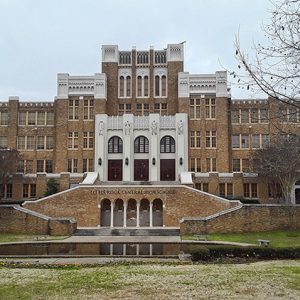 Central High School
Central High School
Central High School, Desegregation of
aka: Crisis at Central High
aka: Little Rock Desegregation Crisis
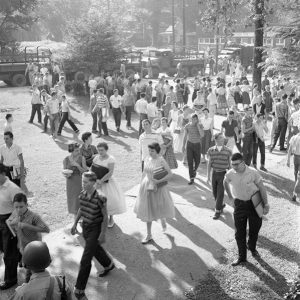 Central High Students
Central High Students
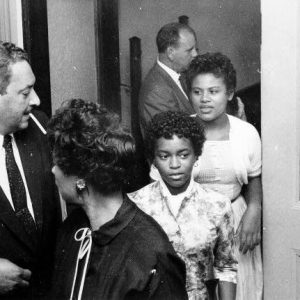 Central High Students Leaving Federal Court, 1957
Central High Students Leaving Federal Court, 1957
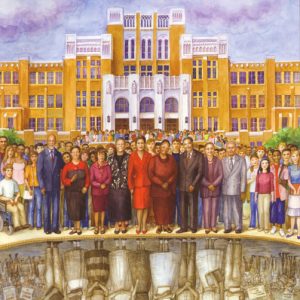 Central High School Desegregation Commemorative Book
Central High School Desegregation Commemorative Book
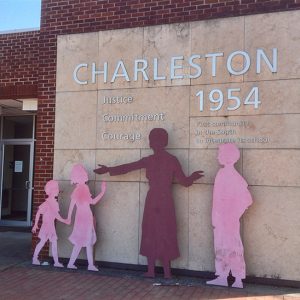 Charleston Desegregation Exhibit
Charleston Desegregation Exhibit
Charleston Schools, Desegregation of
Charter Schools
Committee to Retain Our Segregated Schools (CROSS)
 Desegregation of Central High 50th Anniversary
Desegregation of Central High 50th Anniversary
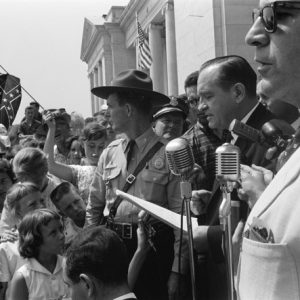 Desegregation of Central High School Protest Rally
Desegregation of Central High School Protest Rally
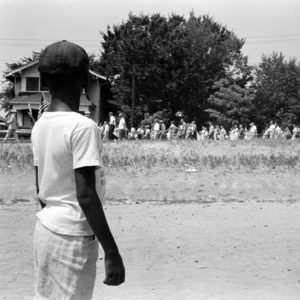 Desegregation Protest
Desegregation Protest
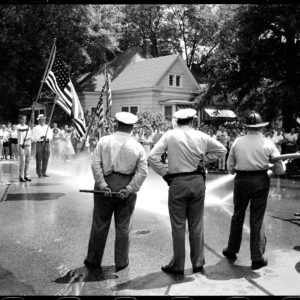 Desegregation Protest
Desegregation Protest
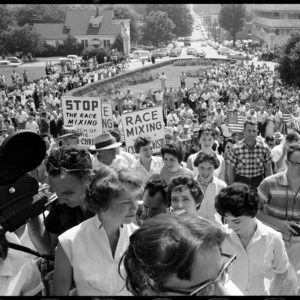 Desegregation Protest at Capitol
Desegregation Protest at Capitol
 Desegregation Protest at Capitol
Desegregation Protest at Capitol
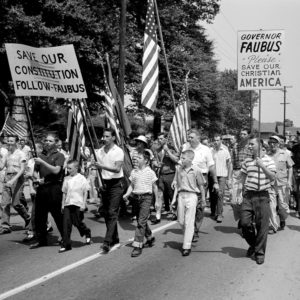 Desegregation Protest March
Desegregation Protest March
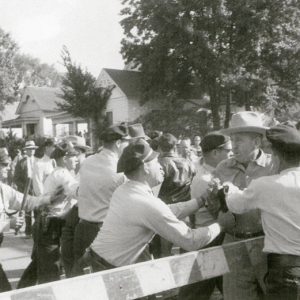 Desegregation Protesters
Desegregation Protesters
Earle Race Riot of 1970
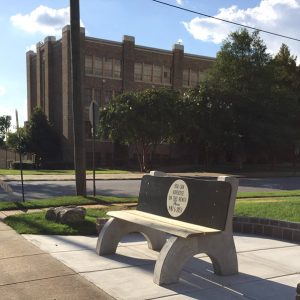 Eckford Bench
Eckford Bench
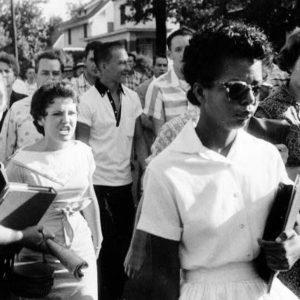 Elizabeth Eckford Denied Entrance to Central High
Elizabeth Eckford Denied Entrance to Central High
 Elizabeth Eckford
Elizabeth Eckford
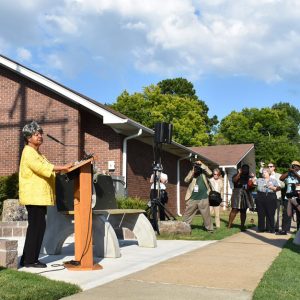 Elizabeth Eckford
Elizabeth Eckford
Eckford, Elizabeth Ann
Education Reform
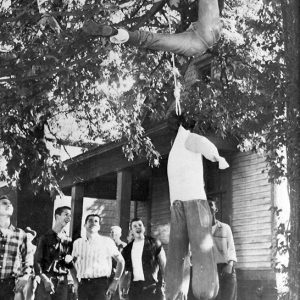 Effigy Hanging
Effigy Hanging
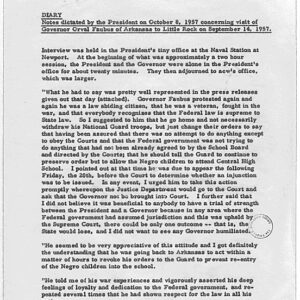 Dwight Eisenhower's Diary
Dwight Eisenhower's Diary
Epperson v. Arkansas
Evolution, Teaching of
Fayetteville Schools, Desegregation of
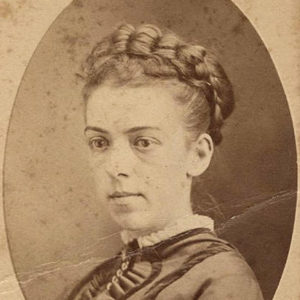 Adolphine Krause Fletcher
Adolphine Krause Fletcher
 Gordy and Huckaby
Gordy and Huckaby
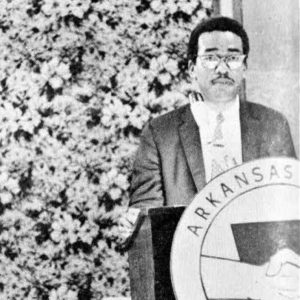 Ernest Green
Ernest Green




